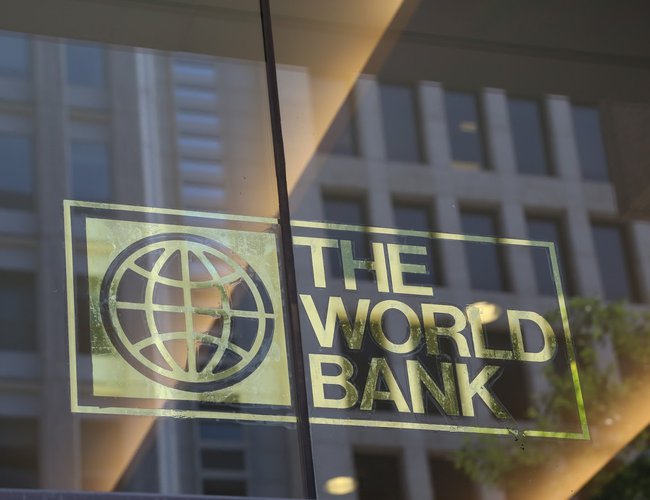
Nepal made notable improvements with four reforms. The country improved an online e-submission platform for construction permits and enhanced the quality of land administration by publishing official service standards for delivering updated cadastral maps. Authorities improved the commercial judicial system by introducing time standards for key court events. However, Nepal made the process of registering new employees with social security more cumbersome by requiring in-person follow-ups. The country also raised property transfer registration fees.
Bangladesh reduced name clearance and registration fees and abolished a fee for certifying digital certificates, thereby reducing the total cost of starting a new company from 21.2% of income per capita to 8.7%. Authorities facilitated access to credit information by expanding the coverage of the credit bureau. In addition, Dhaka cut the amount of security deposit required to obtain a new electrical connection.
The region has made the most progress since the first Doing Business study in 2003-04 in starting a business, paying taxes and trading across borders. It now takes 14.5 days and costs 8.3% of income per capita to open a business, less than 19 days and 19% globally. Border compliance for exporting goods takes an average of 53.4 hours, slightly lower than the average in East Asia and the Pacific of 57.5 hours.
However, only half of the South Asia region’s economies carried out reforms in the past year. Afghanistan, Sri Lanka, Bhutan and Maldives did not make any regulatory changes. Some economies still fall considerably behind the global best practices. The region underperforms generally in enforcing contracts and registering property. A company needs around 108 days to register a transfer of property in South Asia, more than four times the OECD high-income average of 24 days. Resolving a commercial dispute takes around three years, almost twice as long as among OECD high-income economies.
The World Bank has said that the environment for doing business in Nepal has improved but the country has made starting a business more difficult and property registration more expensive.
As per the Doing Business Report 2020 released by the bank today, Nepal has leapt to the 94th position out of 190 economies across the world scoring 63.2 points. Last year, Nepal was placed at the 110th position with a score of 59.7 points.
Economies of Region Carried out 17 Reforms
Many South Asian economies kept up a solid pace of business regulatory reforms as India and Pakistan both earned spots among the world’s top ten most improved economies, the World Bank Group’s Doing Business 2020 study says.
“It is encouraging to see the steady implementation of reforms in South Asia,” said Rita Ramalho, Senior Manager of the World Bank’s Global Indicators Group, which produces the study. “Continued and sustained progress is key to improving the domestic business climate and enabling private enterprise.”
Economies of the region carried out 17 reforms to improve the business climate for domestic small and medium-size enterprises. India continues to be the region’s top ranked economy, placing 63rd place in global ease of doing business rankings thanks to four reforms in the 12-month period to May 1.
Among other improvements, India made the process of obtaining a building permit more efficient. Obtaining all permits and authorizations to build a warehouse now costs 4% of the warehouse value, down from 5.7% the previous year. In addition, authorities enhanced building quality control in Delhi by strengthening professional certification requirements. Importing and exporting also became easier for companies with the creation of a single electronic platform for trade stakeholders, upgrades to port infrastructure and improvements to electronic submission of documents.
Pakistan carried out the most reforms in the region, six. Authorities made construction safer in Karachi by requiring regular building quality inspections. Lahore streamlined construction permit approval. In addition, Pakistan launched an online portal allowing companies to remotely request an electrical connection and enforced service delivery time frames. Connecting a new warehouse to the grid now takes 49 days fewer than last year. The government also made electricity tariff charges more transparent.
- Nepal-China Aid Project Meeting Held In Lhasa
- Apr 25, 2024
- Ambassador Subedi Presented The Letter Of Credence To President Of Italy
- Apr 25, 2024
- Nepal-Qatar Joint Business Council Formed
- Apr 25, 2024
- Weather Forecast: Isolated Brief Rain Is Likely To Occur At Few Places Of Koshi, Sudurpaschim And Karnali
- Apr 25, 2024
- Qatar And Nepal Ink Several MoUs, Returned Home Completing Two Days Visit
- Apr 24, 2024
















